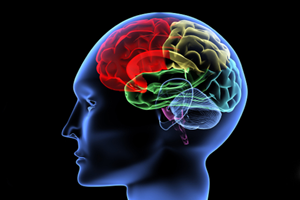Purpose

Neuropsychological Evaluations may assist in determining whether the client's brain function has been compromised by a variety of primary events, including but not limited to, traumatic brain injury [TBI], stroke, neurosurgery, neurologic disease or illness [e.g., dementia, vascular]. Neuropsychological evaluations may also assist in determining whether brain function may be compromised by a variety of secondary events such as complex psychiatric-psychologic diagnoses, including PTSD.
Neuropsychological Evaluations may assist the client, family, and healthcare professionals, in understanding how the client's current level of neurocognition may be affecting day-to-day function in a variety of domains [e.g., attention and memory, complex problem solving and decision making, inter-personal relationships], and assist in formulating therapeutic programing. Specifically, a neuropsychological evaluation may assist in identifying:
- Specific areas of brain dysfunction
- Type and severity of the neuropsychological deficits
- Cause (s) and implications of the deficits
- Appropriate therapeutic interventions to facilitate improved day-to-day function
